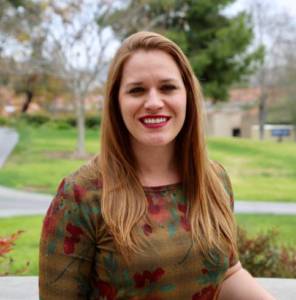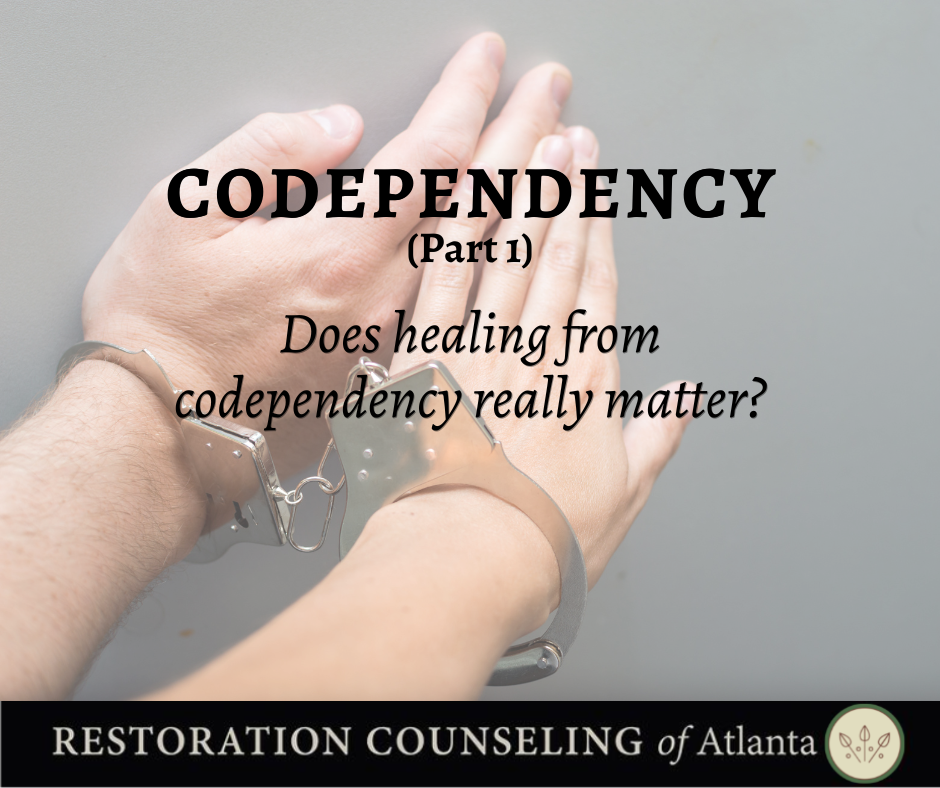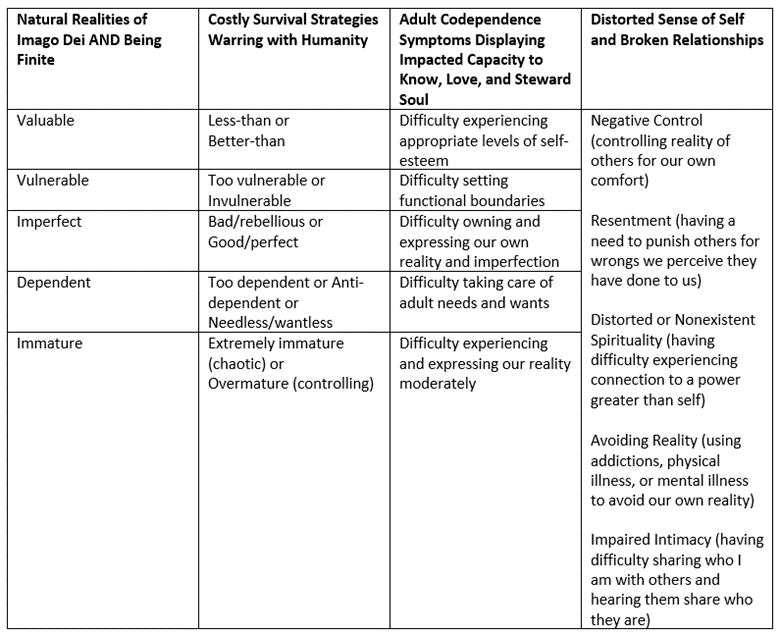(Part One)
Does healing from codependency really matter?
I recently had a conversation with a friend surrounding this topic, and it seemed like a really fair inquiry. Codependency is regularly a hot topic in the therapy world and caught wind in mainstream culture, and as with anything, the new “it” craze can become an obsession that can make any independent thinker curious if it deserves the spotlight it is garnering. Certainly, Christians have doubts about buzzwords like codependency and skepticism or if psychobabble concepts are even consistent with the Bible. As a result of these musings, it seemed helpful to explore the ways codependency seeks to mar our humanity, partners with evil, and compels us towards attempting to create security through grasping at control rather than aligning with the promise that the “truth will set us free” (John 8:31-32).
As we enter into this conversation, a word of caution feels important. These concepts can often feel threatening to long-held understandings of God’s design. To discover we may be off base and not even realize it can be alarming, especially when there is a deep desire to honor God. Sin means to “miss the mark or goal,” as beautifully explained in this Bible Project video (https://bibleproject.com/explore/video/khata-sin/).
This conversation is essentially an invitation to acknowledge failure and embrace learning, foster humility, and accept that we are in need of receiving help, and yet, I am aware it can feel exposing, shameful, and embarrassing. Noticing we may be off the mark can stir an unhelpful amount of guilt and can incite well-worn paths of pursuing better performance by motivating ourselves with harshness and impatience. If you notice reactivity to the content, give yourself a break and come back to it at a later time. It is a difficult endeavor we are called to in the Bible — to have faith like a child while also being called to put away childish ways (Matthew 18:2; 1 Corinthians 13:11). Deciphering the difference between childlike and childish is challenging, and we need to receive a significant amount of patience, grace, gentleness, and mercy throughout the process. We need the truth wrapped in love (Ephesians 4:15; 1 Corinthians 13). If those are difficult to extend to yourself, find companions and invite the Spirit to offer them to you for the time being.
Codependency is a collection of symptoms that occur when we learn to go to war with aspects of being human. God has made humans in His image AND with inherent limitations because we are finite. We are not all-powerful, all-knowing, or all-present, nor have we been asked by God to be. Instead, we are born into this world vulnerable, valuable, imperfect, dependent, and immature, and these natural realities of being human are invitations toward the path God has provided for flourishing within a broken world. (Mellody, 2003) Unfortunately, many of us have been taught directly or indirectly that it is shameful or wrong to have these human characteristics. When we learn to fight these immovable limits, we thwart the process God designed to develop in us a “complete character lacking nothing” (James 1:4).
Over the course of future articles, I will be exploring how evil whispers powerful lies about our humanity and invites us to agree with a path God never intended. This path utilizes shame, guilt, and contempt to confuse the way toward becoming people full of faith, hope, and love. They will know us by our fruit (Matthew 7:16), and the fruit that codependence produces aligns with evil and utilizes a distorted version of conviction and a spectrum of cruelty that produces the bad fruit, such as the survival strategies, symptoms and broken relationships with God, others, and self discussed below.
This is a slightly adapted chart from Facing Codependence by Pia Mellody, an internationally renowned expert in codependence. It will serve as a guide for our future conversations as we seek to accept how God has created each of us to uniquely reflect his image in the world and heal from the codependency that seeks to impact our ability to know, love, and steward the soul entrusted to us.
 Written by: Becca Cline, LPC
Written by: Becca Cline, LPC
Online Counseling Team
becca@restorationcounselingatl.com, ext. 156
Becca works with male and female clients who are 13 years or older. She sees couples, families, and individuals. She has worked with clients dealing with various issues, including depression, anxiety, addiction, grief/loss, trauma, abuse, spiritual issues, sexuality, family-of-origin issues, codependency, anger, and interpersonal and relationship issues.


